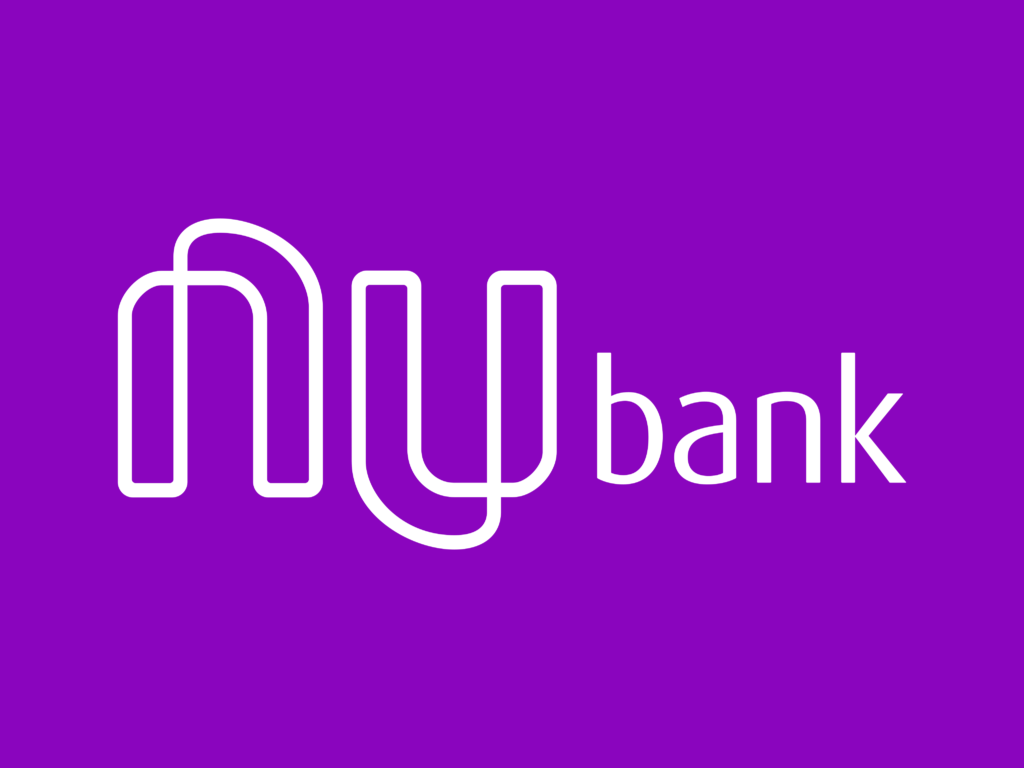Nubank: a fintech that finally nudges Brazil’s banking oligopoly
Nubank is a fintech that was founded in 2013 and entered the Brazilian market to compete with traditional financial services providers. From its inception, it offered consumer credit cards that slashed annual fees and that were entirely managed by clients online. By offering its services digitally only, Nubank has waived credit card fees.
In its most recent funding round, the company’s valuation surpassed $10 billion, placing it amongst the top global fintechs and challengers to the incumbent banking system.
Nubank now services about 15 million customers in Brazil and is expanding its operations into other Latin American markets, like Mexico and Colombia.
Brazil’s financial services industry
The banking and financial services industry has been dominated by five major players: Banco Itau, Banco Bradesco, Santander, Caixa Economica Federal and Banco do Brasil. In 2018, they held 81% of the industry market share and have enjoyed attractive and undisputed margins. Return on equity ranges between 22% – 24%, for example.
Nubank’s Value Creation
Nubank emerges as a winner and credible challenger to these players not only because it eliminates costs associated with brick and mortar banking operations (and is therefore more competitive), but also due to its user friendly digital experience and core use of data for operational effectiveness and delivery of competitive products.
Customer-service and user experience: Through an intuitive and user-friendly app and website, customers are able to open an account and/or put in a request for a credit card. For credit card applications, users are notified through the app and the development of sophisticated algorithms and machine learning will give customers access to credit lines that match their profile. Requesting any changes to these is also an easy process that is operationalized with no human interaction. It is timely, transparent and practical.
Data for credit-modelling: Data for credit modelling is also at the core of their competitive strategy. In addition to the ease of use, Nubank is able to provide customers with more competitive rates and credit lines.
Data for customer-service and fraud detection: Data collection and aggregation is also used to support the sales teams. Dashboards with anonymized consumer transactions guide sales representatives and customer engagement representatives on how to effectively engage with customers and what products to offer. In addition, technology is used to more effectively detect fraud.
Sequencing strategy: Nubank also captured value and obtained its customer base by first launching the credit card service and at a later time checking accounts. tt brought users to the platform and allowed for a relationship with Nubank to be established and for customers to develop trust before opening an account.
Nubank is amongst the most well-funded fintechs in the world. It was able to capitalize on Brazilian’s dissatisfaction with the traditional banking system and the exorbitant rates they have historically charged due to low competition. The Central Bank and other regulators have welcomed innovative ways to break this oligopoly and Nubank has led this process.
Nubank has still not recorded a profit, as it continues to invest in the architectural assets (the apps, the algorithms etc) to enhance customer experience, cut down costs for customers, while also providing rates that are fit for the customer and will push down default rates. Yet its proposition is promising as its distinct business model has allowed it to capture traditional banks’ client base, while offering a product with a different cost structure. By March 2019, it had surpassed Banco Itau in credit card applications. As a response to Nubank’s customer service delivery and pace, transparency and reduced fees, traditional banks are being forced to change and offer more competitive and digital products. At the end of the day, consumers are big winners too.
Sources:
https://casestudies.com.br/nubank-como-a-marca-se-tornou-a-principal-fintech-do-brasil/



